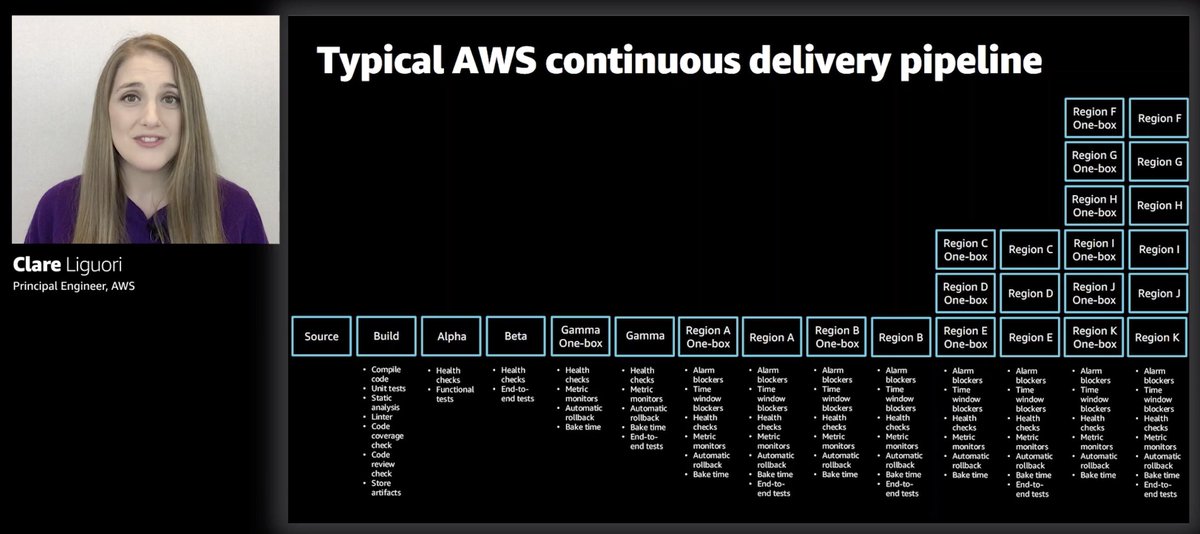Are you a Designer or a Developer?👨💻
Here are some Google Chrome extensions that can make you better in 2021. 🔥🍀
(Thread) 🧵👇
https://t.co/ifNAJT0LoZ
https://t.co/Kpkj708lwe
Tests 100s of pages at once for broken links, duplicate titles, invalid HTML, insecure pages, and 50+ other checks.
https://t.co/JIHvia9f0M
https://t.co/A3qNaIPdrm
https://t.co/ldTpqGdfHd
https://t.co/OzHvbNv7Ci
https://t.co/Zg0I1iwDz6
https://t.co/5BjrGLTs5s
More from Software
Kubernetes vs Serverless offerings
Why would you need Kubernetes when there are offerings like Vercel, Netlify, or AWS Lambda/Amplify that basically manage everything for you and offer even more?
Well, let's try to look at both approaches and draw our own conclusions!
🧵⏬
1️⃣ A quick look at Kubernetes
Kubernetes is a container orchestrator and thus needs containers to begin with. It's a paradigm shift to more traditional software development, where components are developed, and then deployed to bare metal machines or VMs.
There are additional steps now: Making sure your application is suited to be containerized (12-factor apps, I look at you: https://t.co/nuH4dmpUmf), containerizing the application, following some pretty well-proven standards, and then pushing the image to a registry.
After all that, you need to write specs which instruct Kubernetes what the desired state of your application is, and finally let Kubernetes do its work. It's certainly not a NoOps platform, as you'll still need people knowing what they do and how to handle Kubernetes.
⏬
2️⃣ A quick look at (some!) serverless offerings
The offer is pretty simple: You write the code, the platform handles everything else for you. It's basically leaning far to the NoOps side. There is not much to manage anymore.
Take your Next.js / Nuxt.js app, point the ...
Why would you need Kubernetes when there are offerings like Vercel, Netlify, or AWS Lambda/Amplify that basically manage everything for you and offer even more?
Well, let's try to look at both approaches and draw our own conclusions!
🧵⏬
1️⃣ A quick look at Kubernetes
Kubernetes is a container orchestrator and thus needs containers to begin with. It's a paradigm shift to more traditional software development, where components are developed, and then deployed to bare metal machines or VMs.
There are additional steps now: Making sure your application is suited to be containerized (12-factor apps, I look at you: https://t.co/nuH4dmpUmf), containerizing the application, following some pretty well-proven standards, and then pushing the image to a registry.
After all that, you need to write specs which instruct Kubernetes what the desired state of your application is, and finally let Kubernetes do its work. It's certainly not a NoOps platform, as you'll still need people knowing what they do and how to handle Kubernetes.
⏬
2️⃣ A quick look at (some!) serverless offerings
The offer is pretty simple: You write the code, the platform handles everything else for you. It's basically leaning far to the NoOps side. There is not much to manage anymore.
Take your Next.js / Nuxt.js app, point the ...





















